News
“Dora, have you made the soup?”
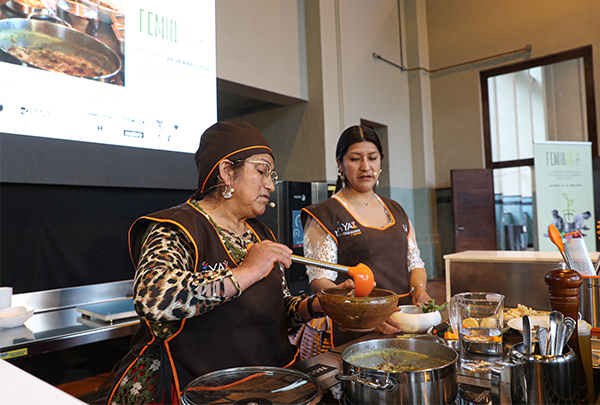
The "cholita" mountaineers brought not only their experiences in the mountains from Bolivia to Asturias, but also typical La Paz cuisine with its broths and soups.
Up above at the camps, mountain chef Dora Magueño would be waiting for climbers after they reached the summit. They would all ask her as they arrived, “Dora, have you made the soup?”. Hungry and in need of warmth, they were all desperate for “chairo paceño”, the traditional hot La Paz soup waiting for them at the base camp. Dora would make the soup as she dreamed that, one day, it would be her that would climb to the top of the mountain. That day came, and with it the revolution of the "cholita" mountaineers.
This was the tale told by Dora Magueño and her daughter Ana Lía Gonzáles at FéminAs, where congress-goers listened to her explanations of how this group of Aymara women bettered themselves in their climbing, promoting the role of women, their indigenous communities, and mountain cuisine. And, naturally, they brought with them their "chairo paceño", "a traditional soup from the La Paz 'departamento', made to feed climbers at the base camps".
Dora has been a mountain chef on expeditions for the last 25 years - alongside her mountain guide husband - and, although "at the beginning I was afraid foreigners wouldn't like Bolivian food", she is now proud to continue the tradition. The pots and vegetables to make the soup are taken up the mountain. “The soup is made from carrot, "papa" potato, "zapayo" (pumpkin), turnip, "chuño" (dehydrated potato), wheat, mint and crackling", explained Lía whilst her mother boiled up the ingredients on stage. Local produce, grown and prepared in their own community, "ancient ingredients such as "chuño" which were formerly used by the Aymara and Inca peoples, and also keep for long periods of time".
Lía explained "we don't like eating out of packets, because we have to eat properly in the mountains", and thus the need for these ancient products, which are easy to transport and conserve, and also provide nutrients. Such as "chuño", which, according to Dora, is hard to make, and is prepared in winter "while we wait for the frosts. It's spread out in a wide yard, water is added to it, and it's left for two or three nights until the paste has been hardened by the frost. Then the bitter liquid is removed from it, and it's crushed and left in the frost for another three nights, and then dried out". A laborious, tough operation, but "if we don't make it, the potato is wasted", said the chef, and Lía added that "the "chuño" has to be hydrated days before it's cooked".
She went on as the "chairo" continued to boil - the soup which is essential to the "cholitas" not only as their mountain food - "because it can be digested quickly" - but also "for proper hydration to help us adapt to the altitude". “We drink soup, and we're not used to drinking just water", said Lía, and her mother agreed: “In Bolivia we're always making soup. First of all a liquid course, and then a dry course".
With a few mint leaves "to enhance the flavour" and some crackling, the "cholita" mountaineers, women who one day decided to stop dreaming and make their dreams come true, used an earthenware plate - "like we do in Bolivia" - to serve up their "chairo paceño". “"Cholitas" never used to think about themselves, just their home, their husband their children. We were asleep, but now we've come out into the world and we're doing what we enjoy doing", explained the daughter, while her mother added that "wanting to do something means being able to do something, and we women can do many things".
Photography by Damian Arienza.


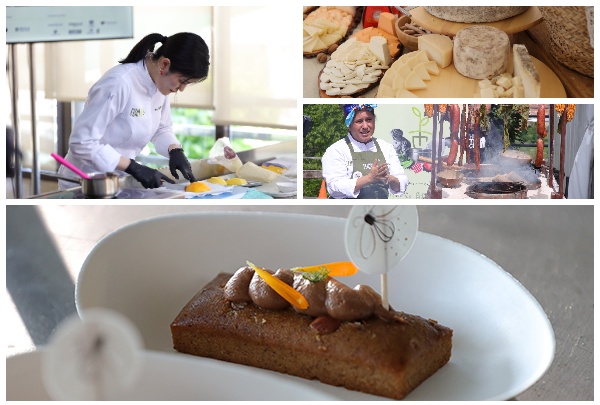
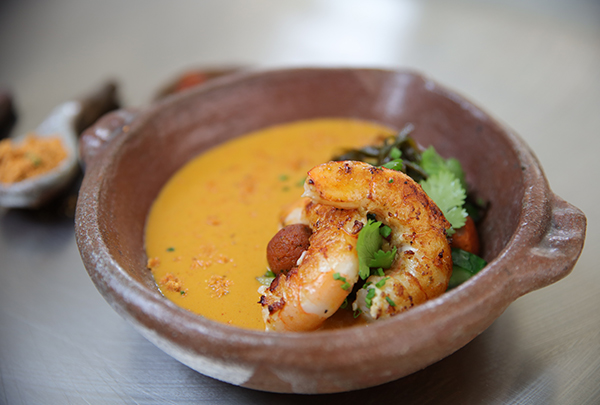
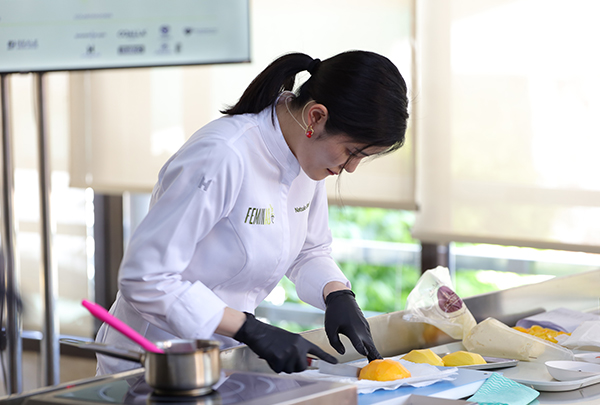
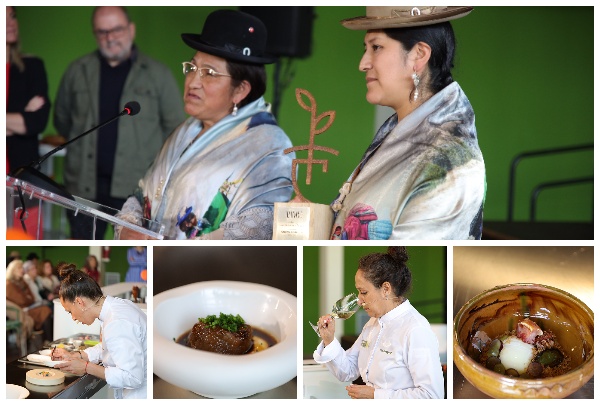
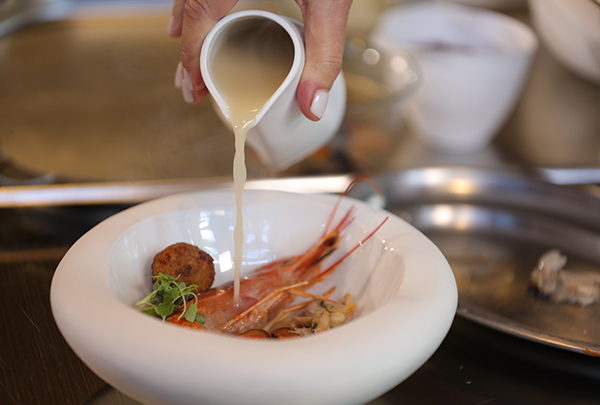
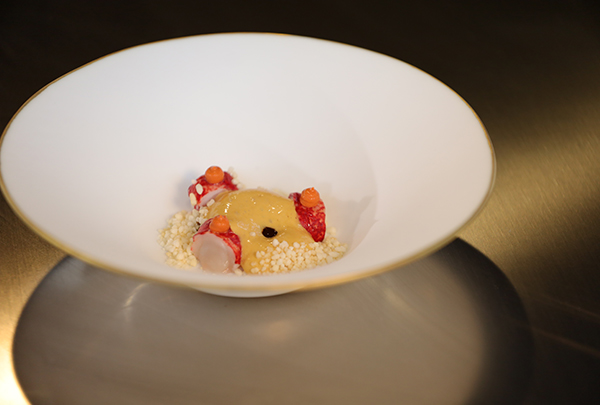
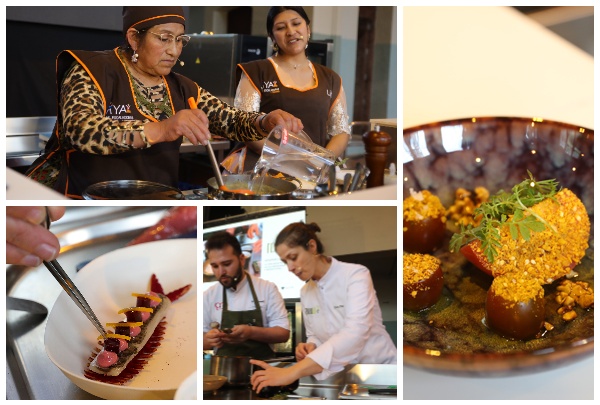
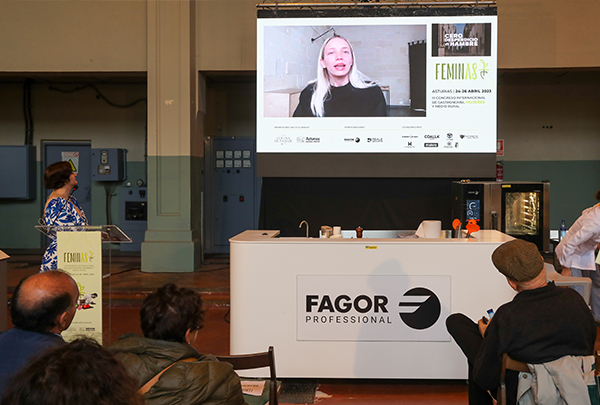
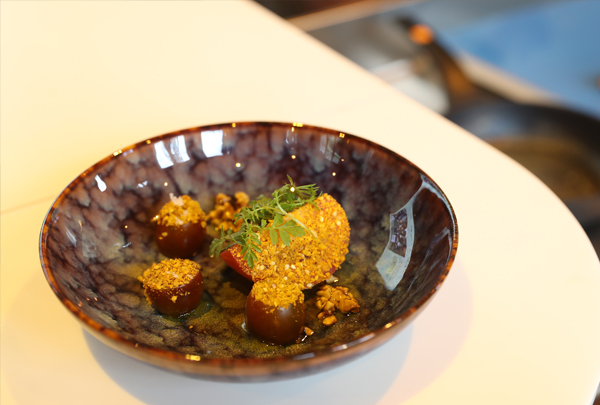
.jpg)










